Each year, the Department of Fisheries and Watershed Management organizes educational field trips for its students to enrich their theoretical knowledge with practical experience.
These excursions are designed to expose students to real-life scenarios of the concepts discussed in class, especially those they may not readily observe within the university environment.
This year, the students embarked on a comprehensive field trip to the Central and Western Regions of Ghana. The tour offered them firsthand exposure to critical aspects of fisheries and aquaculture, as well as the human activities that affect water bodies in coastal communities.

Dr. Benjamin Apraku Gyampoh, a Senior Lecturer at the department, emphasized the importance of such field experiences:
“We are a university that is not located along the coast. So, when it comes to topics like coastal landforms, coastal landscapes, coastal morphology, and other phenomena specific to coastal areas, although these are taught in class, it is vital for students to experience them directly in the field.”
During the trip, students visited key institutions and communities including the University of Cape Coast’s Centre for Coastal Management, the Shama fishing community, the Ghana Navy Base, and Prince’s Town, all located in the Western Region.
At each stop, they observed various activities, particularly efforts to protect marine resources. Dr. Kwasi Adu Obirikorang, also a senior lecturer in the department, noted.

“The students were shown how to identify sexually mature male and female fish that were close to spawning. This practice, conducted by the Fisheries Commission, is essential for determining the appropriate timing of the closed fishing season. Such knowledge helps conserve fish populations and ensures sustainable fishing.”
In addition to observations, students engaged in practical exercises such as collecting organisms along river and sea banks, gathering data, and compiling reports for academic purposes. Some of the students shared their experiences.
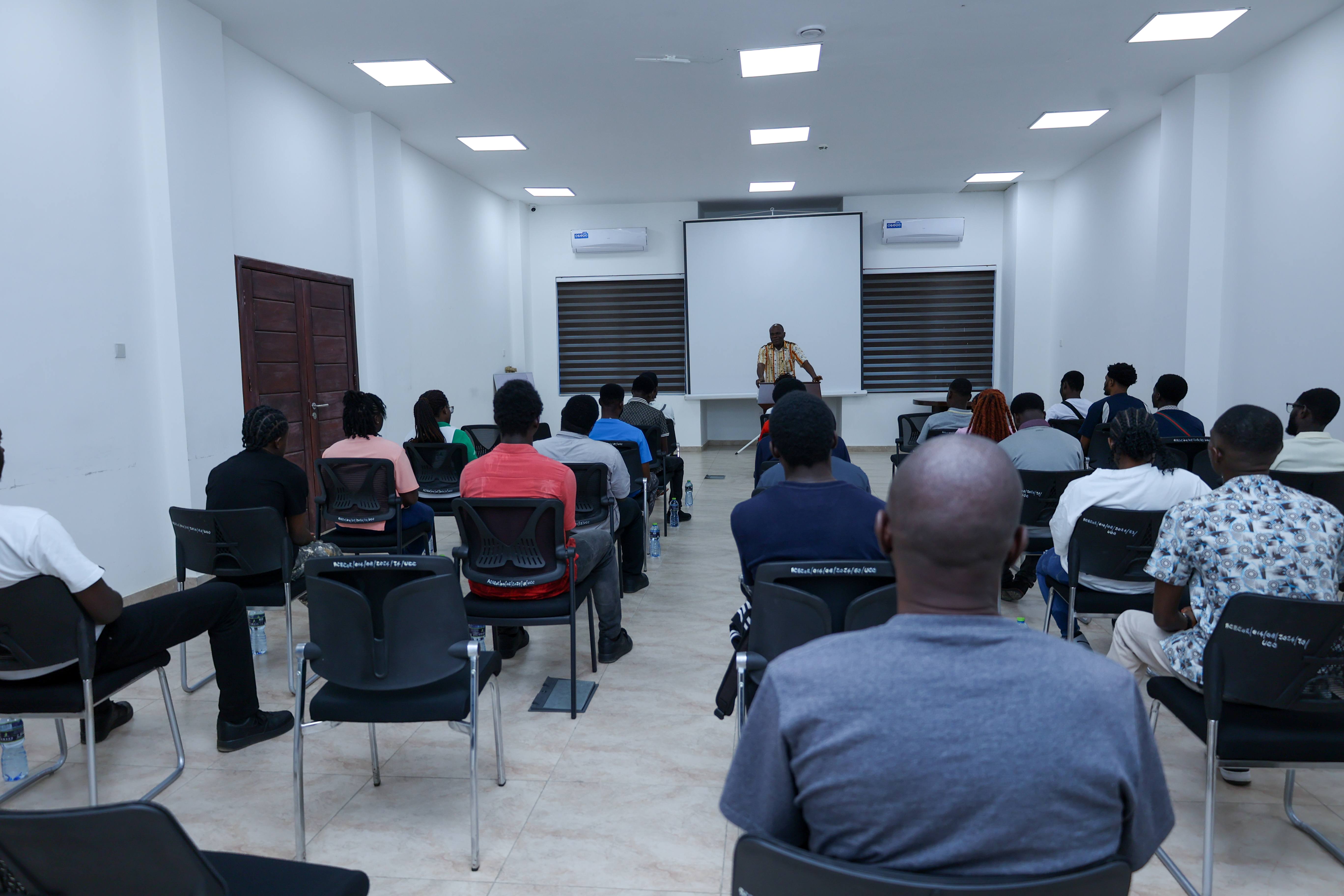
Ruby Velma Aheifa shared her thoughts on the experience.
“I learned so much from all the places we visited. We got to understand the lifestyles of people in fishing communities, their activities along the shorelines, and how these actions impact our water bodies. I’m returning with valuable experiences that will enhance my studies.”
“I had the chance to explore various sites and gain insight into the activities of the Navy and how they work to protect the sea. I was particularly intrigued by what the local people do along the shores. From what I’ve seen, we as students have a lot to do to help safeguard our environment,” Bismark Abochi remarked.
Linda Lizbeth Gyakyie Asantewaa also shared her observations and personal reflections on the trip.
“Comparing Ola Beach to Shama Beach, I noticed that Shama is heavily polluted, which negatively affects marine life and could eventually impact humans. This trip has inspired me to focus on addressing pollution caused by local communities. I would love to begin educating people living near water bodies about how our actions directly affect our environment and health.
The field trip also included a visit to the Pra Estuary, where the river meets the sea. Students observed the extent of environmental degradation caused by illegal mining and studied the biological processes in the nearby fishing villages.
The field trip offered students a holistic and practical understanding of issues affecting fisheries and aquatic ecosystems, reinforcing the relevance of their classroom education through direct engagement with Ghana’s coastal realities.

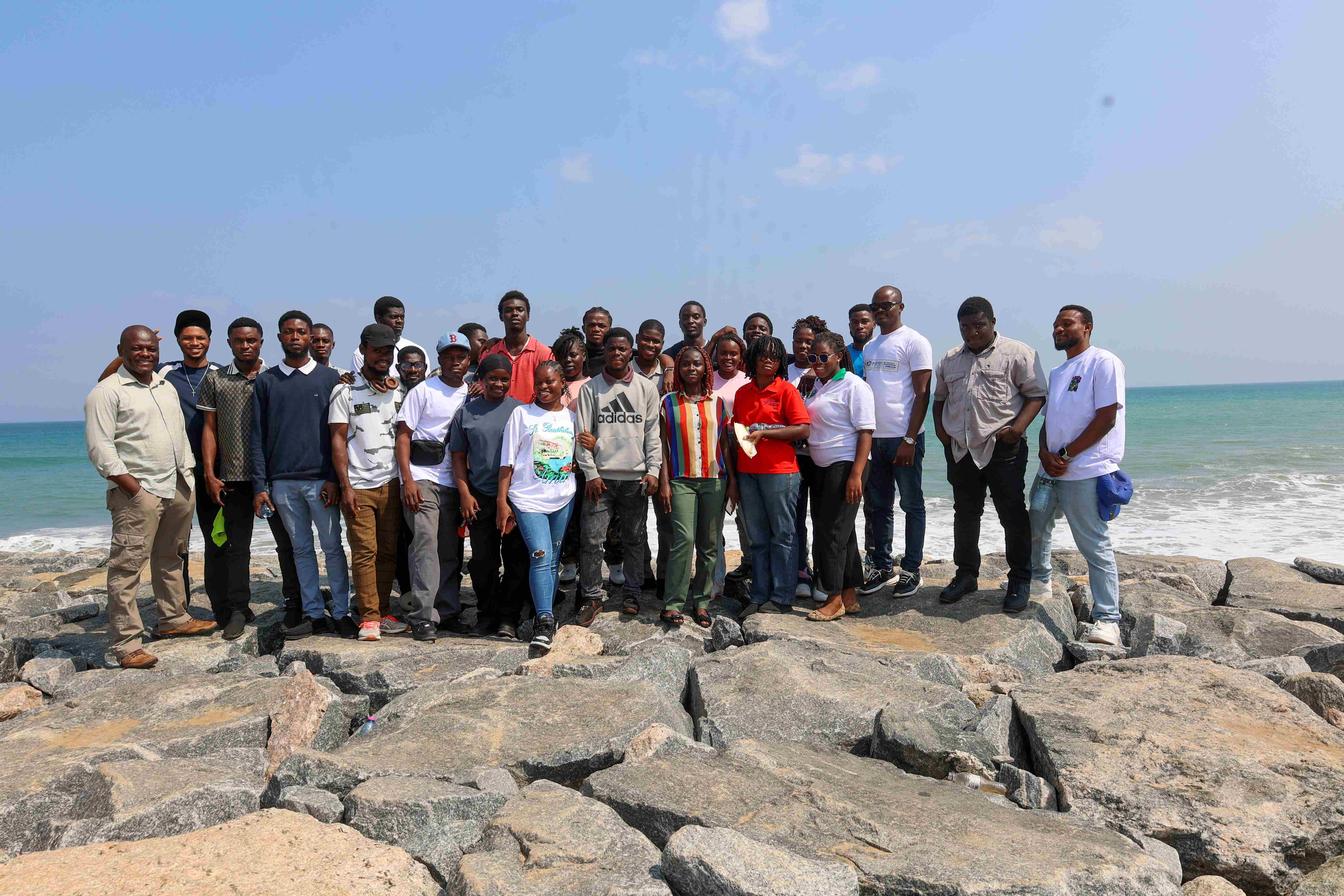
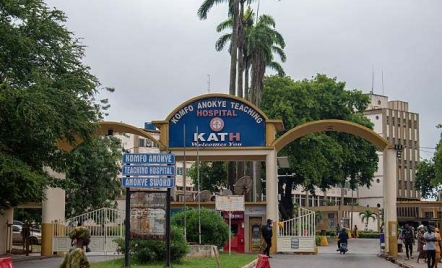
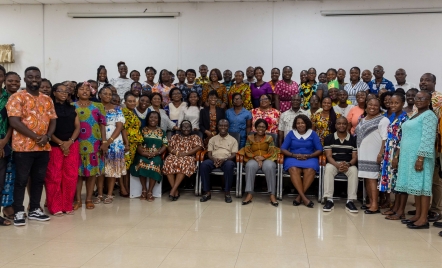
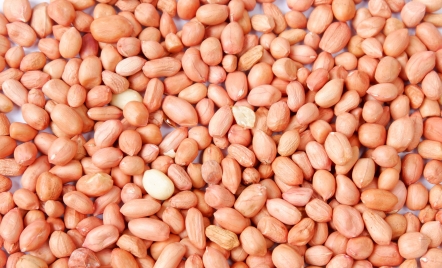
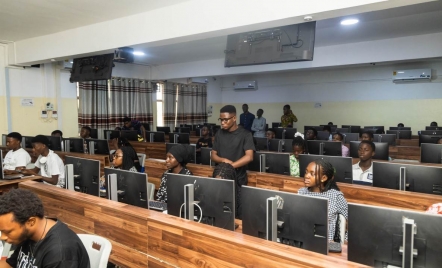
Comments